There’s increasing discussion about how Australia is going to recover from the economic crisis caused by the COVID-19 attack. In this context we think it’s worth thinking about a proposal submitted to the Prime Minister by the Australian Conservation Foundation, the National Farmers Federation, Landcare Australia and many other farming and conservation groups. The full proposal can be found here. The gist of the proposal is that ‘During the period of economic recovery, there is scope for tens of thousands of skilled and unskilled workers to be employed in the conservation and land management sector’ in roles that are:
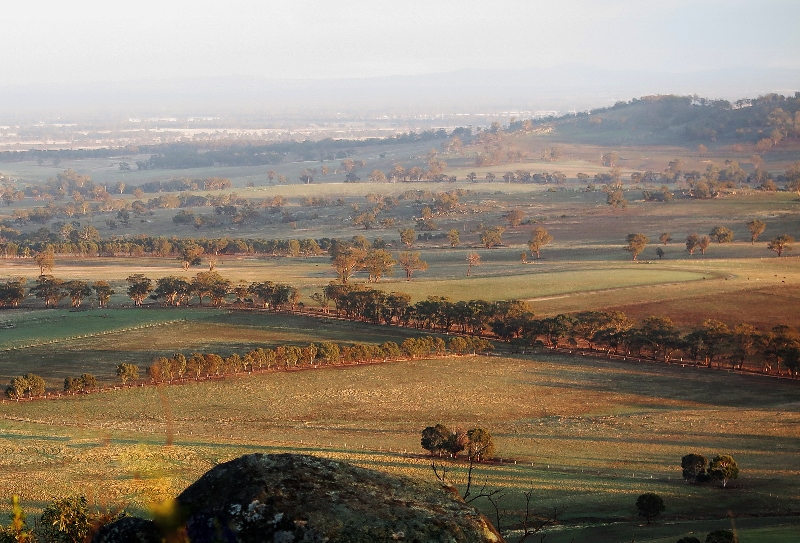
View from the Nuggety Ranges: Farmer, Landcare and Conservation groups have argued that restoration of land health should be a priority in future economic recovery programs.
‘ – practical and labour intensive;
‘- located in both regional and metropolitan areas;
‘- appropriate for repurposing existing workforces which are under pressure, including tradespeople and workers in the tourism, fisheries and forestry sectors; and,
‘- will not create long-term structural commitments in the budget.’
The proposal is costed at about $4 billion. It proposes investment in the following areas:
- a surge in weed control efforts, focussed on containment and preventing cross-tenure spread;
- river and wetland restoration, including fencing, revegetation and erosion control;
- national park infrastructure, track maintenance and park management (fire, weeds, feral animals);
- bushfire recovery and resilience activities, including infrastructure repairs and habitat restoration;
- invasive animal control, including deer and pigs which impact on farming and threatened species;
- tree planting and habitat restoration in metropolitan, suburban, peri-urban and rural areas; • funding for private land conservation, putting money in the hands of farmers and other land managers;
- coastal habitat restoration and monitoring, in partnership with the fishing industry and local communities;
- plastics and marine debris clean up, including research to inform future policy decisions; and
- funding for Indigenous rangers to deliver jobs directly to vulnerable communities using a proven model.
‘This investment would be low risk, especially if the planning occurs during the current ‘lock down’ as part of the stimulus measures. It would allow people who are newly unemployed or underemployed to have meaningful and secure employment for at least 12 months as soon as social distancing measures are eased, giving an immediate boost to economy confidence and security. In addition, this investment would:
‘• provide much needed income and economic confidence for bulldozer and other machine operators, weed-sprayers, shooting and trapping contractors, fencers, nursery growers, hardware suppliers, local and Indigenous land managers and bush regenerators;
‘• have significant economic multipliers, especially in regional communities, with work generated for local suppliers and hospitality businesses; and
‘• capitalise on existing organisational and land management capabilities across the non-profit sector, private sector and local, state and federal government.’



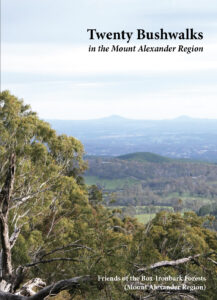
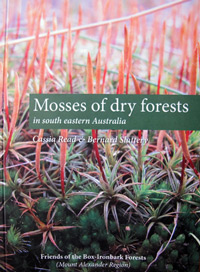 Click on image for info/order page
Click on image for info/order page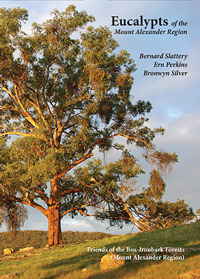 Click on image for info/order page
Click on image for info/order page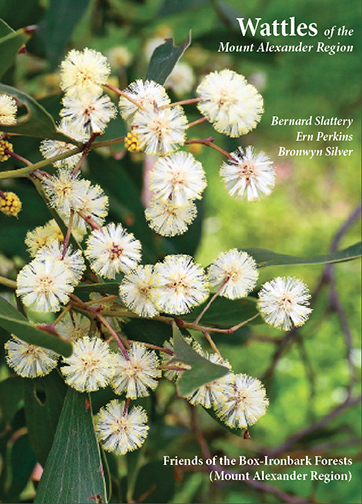 Click on image for info/order page
Click on image for info/order page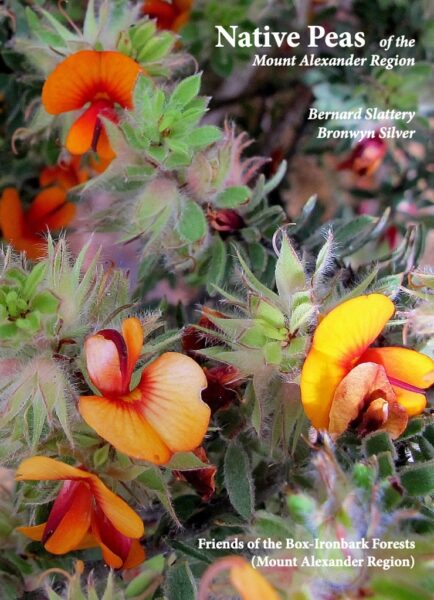
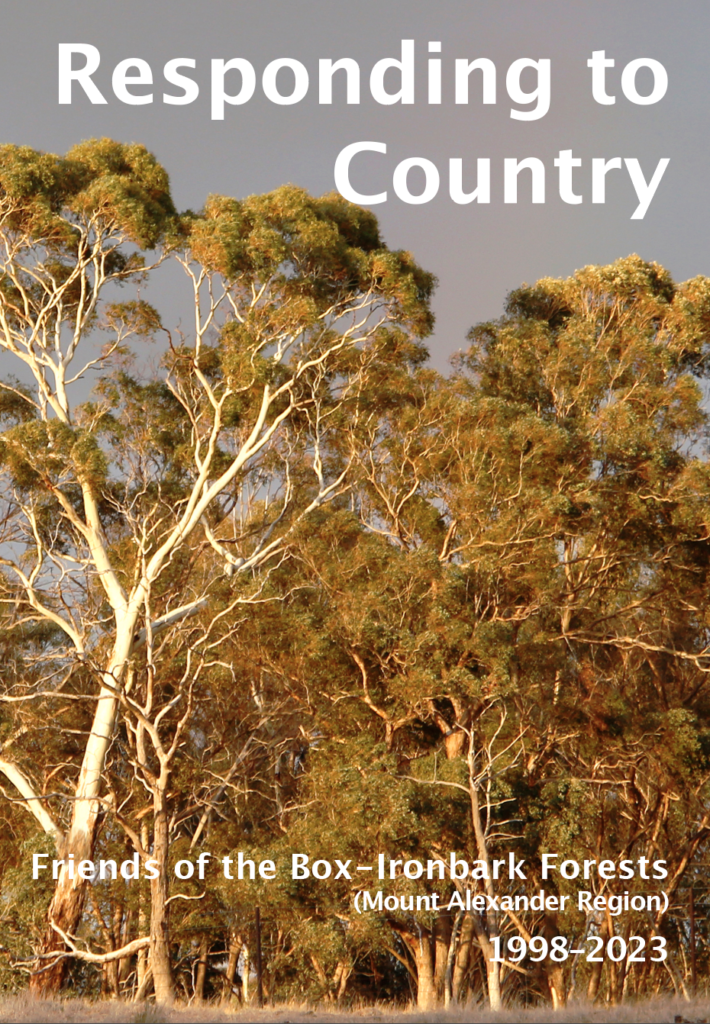



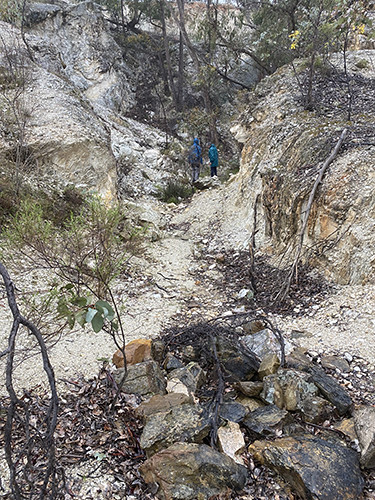



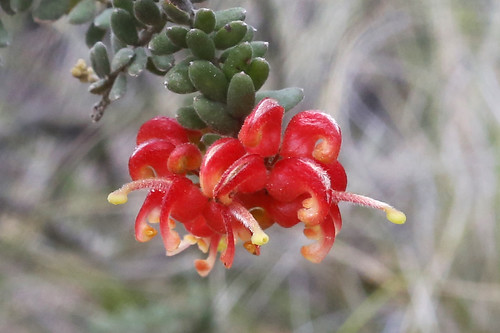













Yes, a good idea. If only it could be seriously considered as the highly desirable and well balanced proposal that it is, and not brushed aside, corrupted or crudely distorted.
Oh, please not the Green Army again. Huge amounts of $$$ going to admin with little positive outcomes. The best model to spend this amount would be a payment for ecosystem services. Targeted and measurable.
I think it’s worth putting a hand up for the above. Not only will it be good for our natural environment areas but is good to give otherwise unemployed folk a purposeful task. Who knows what negative issues such work can be helping to avoid.